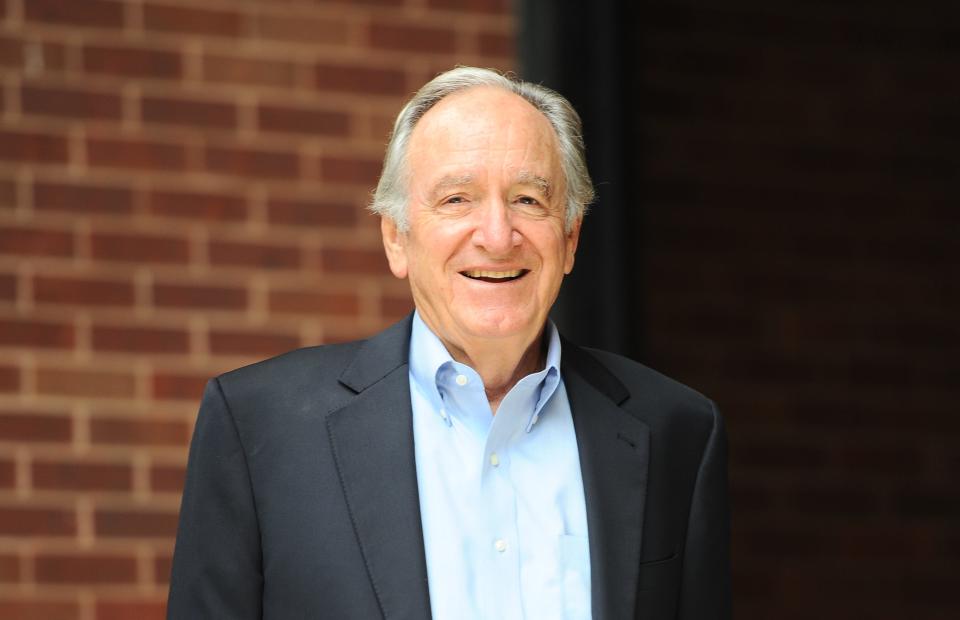Opinion: Reimagining regional food and health systems in a post-COVID world
Everyone should be able to find and afford nutritious food to feed their families. But the COVID-19 pandemic made that nearly impossible for thousands of Americans. The pandemic caused widespread supply chain issues that disrupted our ability to find healthy foods and drove up prices. That, on top of so many Americans losing their jobs and incomes, had a major impact on our access to foods that make a balanced diet.
There was a clear need for communities to come together and help those disproportionately affected by the pandemic. And they did. From the pandemic, we’ve seen the rise of so many new approaches to address the relationship between food and health. These new approaches included the growth of food systems coalitions and councils working to shape, advise, and implement food policy. We also saw the emergence of grassroots leaders and organizations focused on increasing opportunities and reducing barriers to healthy outcomes at the regional level.
The Argus Farm Stop in Ann Arbor, Michigan, found a way to expand its “every day year-round” farmer’s market to include online sales during the pandemic. Regular customers who couldn’t go to the grocery store were able to order fresh, local produce and goods online. Here in Iowa, the Waukee Community School District established its Farm to School program. The program’s goal is to increase access to local and culturally diverse foods in schools. To meet that goal, the district has added edible gardens, provided nutrition education to students, and highlighted new produce in student meals through a Harvest of the Month program.
These are just a few of the new approaches to addressing food and nutrition in our communities. We believe these programs have the ability to improve health, lower health care costs, reduce disparities, improve clinical practices, increase economic vitality, and support sustainable food systems.
The upcoming Harkin on Wellness Symposium will showcase nearly a dozen organizations that are reimagining food and health systems in their communities. On April 13, The Harkin Institute for Public Policy & Citizen Engagement will gather experts for a discussion on how the pandemic forced organizations and communities to create innovative wellness and nutrition initiatives and how we can make health and food systems more sustainable.
Learn more and register at HarkinInstitute.org.

Retired U.S. Sen. Tom Harkin represented Iowa in Congress for 40 years, including 30 years in the U.S. Senate. He now works to further policy research and civic engagement through The Harkin Institute for Public Policy & Citizen Engagement at Drake University.
This article originally appeared on Des Moines Register: Opinion: Reimagine regional food, health systems in a post-COVID world

